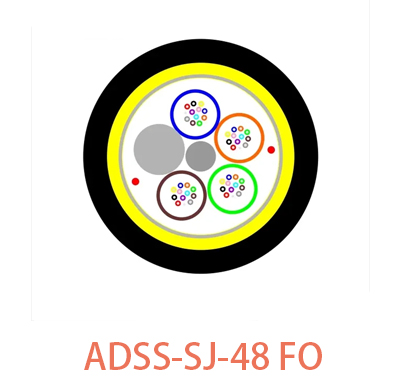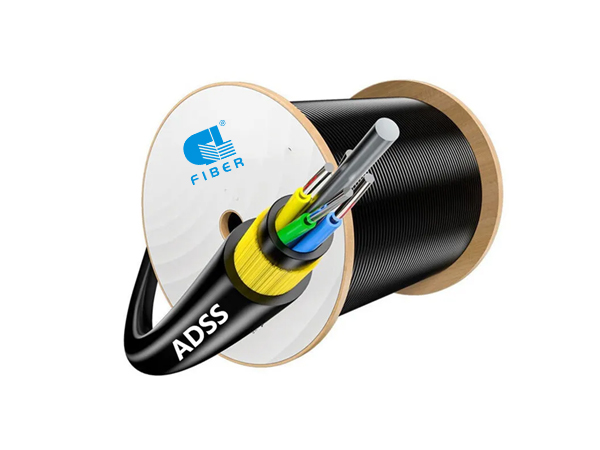The demand for high-performance fiber optic cables continues to surge as telecommunications and broadband networks expand globally. Among the critical components in these networks is the
48 core ADSS cable (All-Dielectric Self-Supporting cable), renowned for its durability, flexibility, and suitability for aerial installations. If you're searching for "48 core ADSS cable price," this article breaks down the factors influencing costs and what to consider when purchasing.
What is a 48 Core ADSS Cable?
ADSS cables are designed for outdoor, long-span installations without requiring a separate support structure. The "48 core" refers to the number of individual optical fibers within the cable, making it ideal for high-capacity data transmission in power lines, telecom networks, and rural/urban connectivity projects. Its all-dielectric construction (non-metallic) ensures immunity to electromagnetic interference, a key advantage in high-voltage environments.

Key Factors Affecting 48 Core ADSS Cable Price
Material Costs:
The quality of fiber optic strands, protective coatings, and outer sheath materials (typically polyethylene or weather-resistant polymers) directly impacts pricing.
Fluctuations in global raw material markets, such as silica for fibers, can cause price variations.
Manufacturing Complexity:
1. Cables designed for extreme environments (e.g., UV resistance, anti-rodent layers) or customized lengths/diameters may cost more.
2. Compliance with international standards (e.g., ITU-T, IEC) adds to production costs but ensures reliability.
Supply and Demand:
1. Regional demand spikes, driven by 5G rollouts or government infrastructure projects, can temporarily raise prices.
2. Bulk orders often attract discounts compared to smaller purchases.
Vendor and Logistics:
1. Prices vary between manufacturers based on brand reputation, warranty terms, and after-sales support.
2. Shipping costs, import duties, and local taxes also influence the final price.
Current Market Trends
As of 2023, the 48 core ADSS cable price ranges between 1.50 to 3.50 per meter, depending on specifications and supplier location. However, this is a general estimate—requesting quotes tailored to your project’s requirements is crucial. Emerging markets in Asia and Africa are witnessing competitive pricing due to increased local manufacturing, while Europe and North America emphasize premium, certified products.
Tips for Buyers
1. Compare Multiple Suppliers: Platforms like Alibaba, Fiberstore, or direct manufacturer inquiries provide transparent pricing insights.
2. Certifications Matter: Look for ISO, RoHS, or GR-20 compliance to ensure quality and longevity.
3. Plan for Scalability: Consider future network expansion to avoid frequent upgrades.

Conclusion:
When evaluating the 48 core
ADSS cable price, balancing cost with quality and long-term performance is essential. Partnering with reputable suppliers and understanding project-specific needs will help secure the best value. For precise pricing, contact manufacturers directly with details on length, environmental conditions, and technical specifications.
Investing in robust ADSS infrastructure today ensures seamless connectivity tomorrow!


